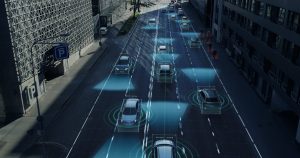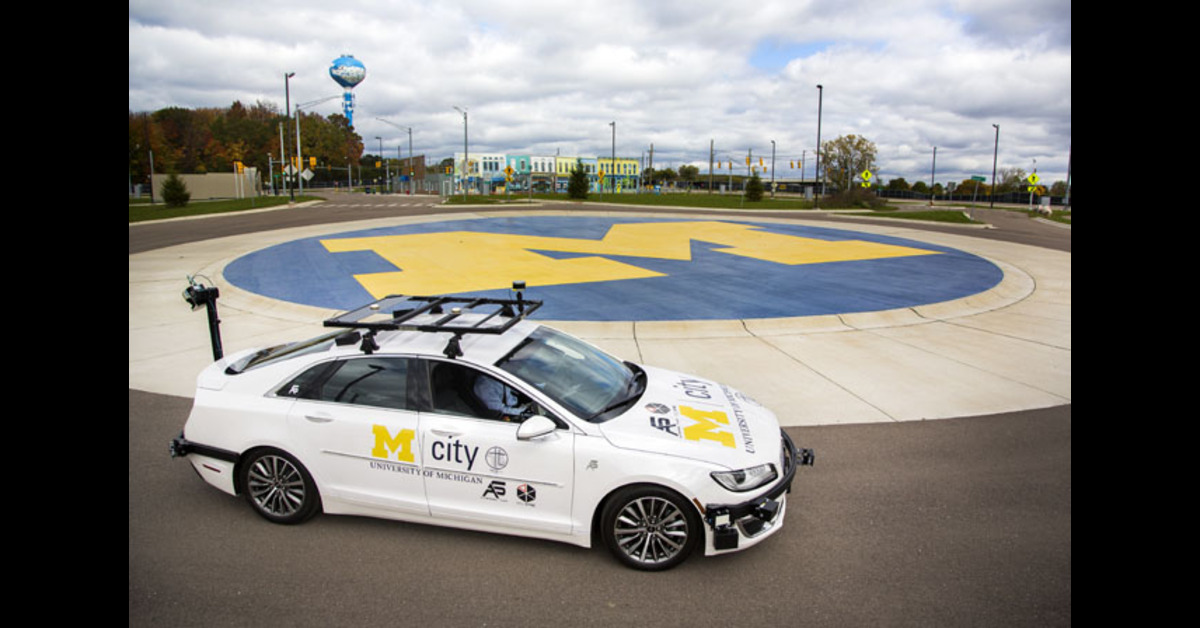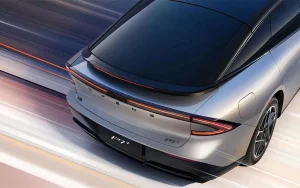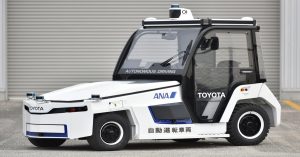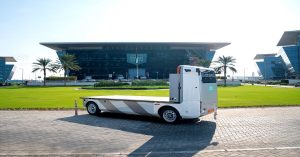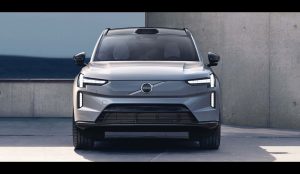In a groundbreaking development for autonomous vehicle (AV) research, Purdue University researchers remotely tested their AV technology from over 320km away in Indiana, utilizing the University of Michigan’s (U-M) Mcity Test Facility in Ann Arbor, Detroit. This achievement, a result of collaborative efforts and the innovative Mcity 2.0 project, marks a significant leap forward in advancing AV technology and fostering collaborative research within the field.
The remote testing took place 14 months after U-M unveiled plans for Mcity 2.0, a project supported by a substantial four-year US$5.1 million grant from the National Science Foundation (NSF). Mcity 2.0 aims to offer the facility’s technology, datasets, and physical test track to researchers located remotely across the United States.
Using a 65-inch monitor adjacent to the Mcity test track, U-M researchers observed the remote test in November 2023. The display showcased Purdue researchers on-campus in Indiana and NSF representatives participating remotely from Washington DC, highlighting the collaborative and interconnected nature of this milestone achievement.
The testing scenario involved Purdue researchers using Mcity 2.0 to remotely assess their path-planning algorithm on one of Mcity’s automated research vehicles. Standing in for Purdue’s research vehicle was Mcity’s AV research platform, programmed to execute Purdue’s path-planning algorithm. The process began with U-M providing Purdue’s team with a high-resolution digital map of Mcity’s track and real-time information from the test AV, including speed and position. Computer-generated cars, referred to as background vehicles, were introduced to the simulation to create realistic traffic scenarios.
One of the key advantages highlighted by Yiheng Feng, an assistant professor of civil engineering at Purdue, was the ability to refine their path-planning algorithm without leaving campus.He said, “Here at Purdue, we implemented and tested the original path-planning algorithm in our own car. Without having to leave campus, we were able to pinpoint issues with comfort and safety through the Mcity 2.0 test and improve our initial algorithm.”The significance of this achievement lies in the seamless integration of digital infrastructure onto physical infrastructure, allowing researchers to overcome barriers to validating research results and promoting findings for further research and real-world deployments. By enabling remote testing, Mcity 2.0 has expanded the reach of AV research, providing a unique and valuable resource accessible to researchers from various campuses.
Susan Margulies, NSF assistant director for engineering, emphasized the impact of NSF’s investment in computing and communication infrastructure for Mcity 2.0. She stated, “NSF’s investment in computing and communication infrastructure for Mcity 2.0, together with the creativity of the Mcity 2.0 team, is upgrading what was previously a well-equipped test track to provide a unique, world-class research resource that is accessible for all campuses.”
This collaborative effort not only showcases the capabilities of Mcity 2.0 but also exemplifies the potential for advancements in AV technology through remote testing and research collaboration. The successful integration of real and virtual elements in a controlled environment demonstrates the dedication of the research community to push the boundaries of innovation.
In conclusion, the Purdue University researchers’ remote testing at U-M’s Mcity Test Facility signifies a significant milestone in AV research. The Mcity 2.0 project, backed by NSF, has paved the way for innovative collaborations, providing researchers with unprecedented access to remote testing opportunities. This achievement underscores the continuous efforts to enhance the safety and efficiency of autonomous vehicles, bringing us one step closer to a future of advanced and reliable autonomous transportation.
